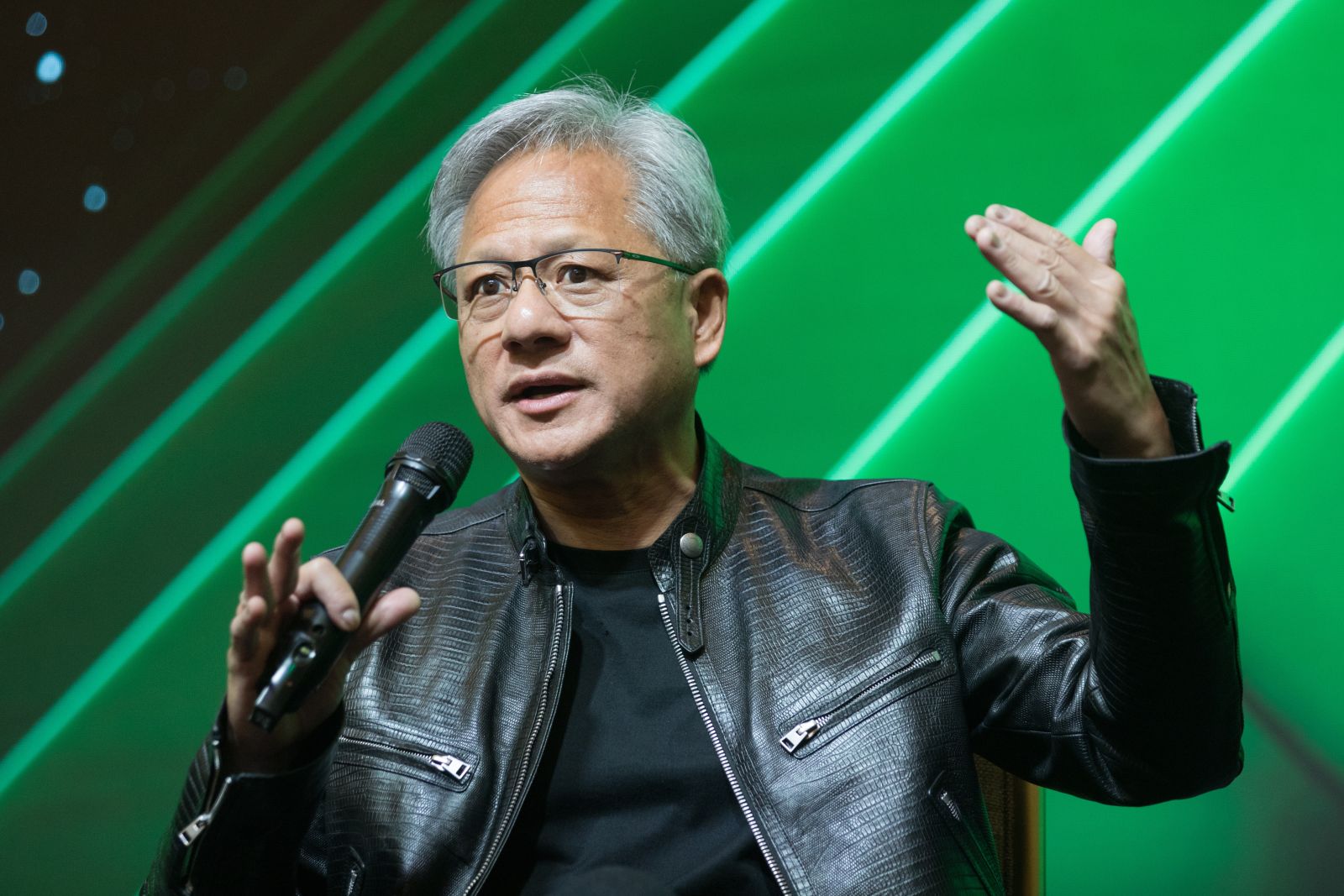
When Nvidia (NVDA) CEO Jensen Huang says something will grow “by a billion times,” the tech world listens. In a conversation with investors Bill Gurley and Brad Gerstner on the BG2 Podcast, Huang explained the transformative power of inference — the process by which trained artificial intelligence (AI) models generate results.
During the exchange, Gurley and Gerstner noted that inference already accounts for over 40% of AI-related revenue. Huang responded with characteristic conviction: “It’s about to go up by a billion times.” He says AI is going to get multitudes smarter, largely beyond our comprehension.
“That’s the part that most people haven’t completely internalized. This is that industry we were talking about. This is the industrial revolution,” Huang continued.
Huang’s statement encapsulates the scale of change he envisions for artificial intelligence and computing. As the leader of NVIDIA — the world’s most valuable semiconductor company and a linchpin of the AI economy — his comments carry exceptional weight. NVIDIA’s chips power nearly every major AI system, from OpenAI’s ChatGPT to Amazon (AMZN) and Meta’s (META) data centers. The company’s success has turned Huang into one of the most influential figures in technology, and his framing of the AI boom as a new “industrial revolution” draws on both historical and economic parallels.
The “inference” phase Huang referred to is distinct from the training phase of AI. Training models like GPT or Gemini require vast computational resources, but once trained, these models perform inference — generating text, images, or decisions — millions or billions of times for end users. Huang’s point is that as AI becomes integrated into every aspect of work, entertainment, and commerce, the demand for inference computing will dwarf today’s already massive levels. This growth, he suggests, won’t just be linear or incremental — it will be exponential, driving hardware, software, and data infrastructure to evolve at unprecedented speed.
Huang’s belief in the transformative potential of compute is deeply rooted in his company’s history. NVIDIA began as a graphics chip manufacturer for gaming, but pivoted toward general-purpose GPU computing more than a decade ago. That foresight positioned Huang’s company at the heart of the AI revolution. Today, NVIDIA’s hardware and CUDA software ecosystem form the foundation of modern machine learning. In this context, Huang’s “billion times” growth prediction is not just speculation; it reflects a long pattern of technological compounding driven by improved performance and lower costs per computation.
Framing the shift as an “industrial revolution” is also consistent with how economists and historians describe previous technological leaps. The first industrial revolution mechanized physical labor; this one, Huang argues, mechanizes cognitive labor. The implication is profound: productivity, creativity, and economic growth could all accelerate as computation becomes both cheaper and more pervasive.
In market terms, Huang’s forecast reinforces why investors view NVIDIA as the central beneficiary of AI’s rise. The company’s role in enabling large-scale inference makes it less a chipmaker and more a foundational utility for the digital economy. If Huang is right, and inference workloads do increase “by a billion times,” it would mark one of the most dramatic shifts in technological demand in modern history — an era where compute itself becomes the new fuel of progress.







